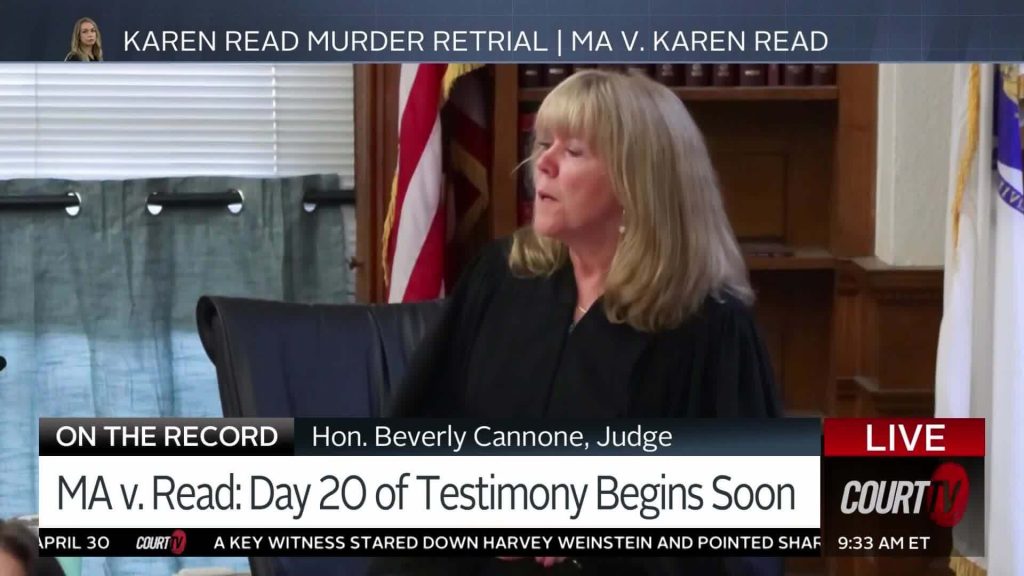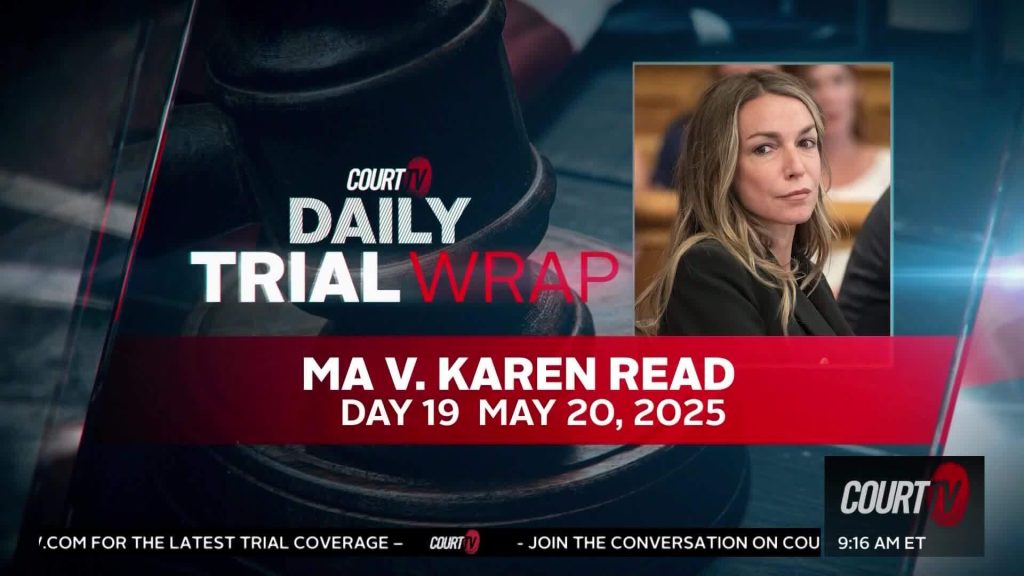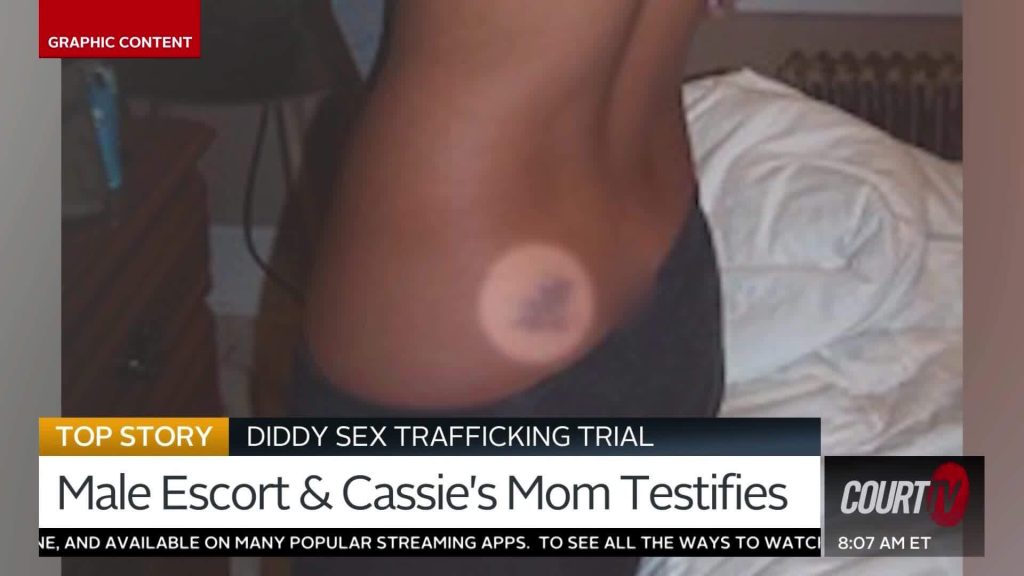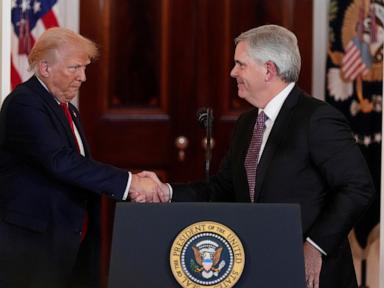Now Reading: H-ON Le Mag April : Hotel distribution in the age of influencer marketing
-
01
H-ON Le Mag April : Hotel distribution in the age of influencer marketing
H-ON Le Mag April : Hotel distribution in the age of influencer marketing
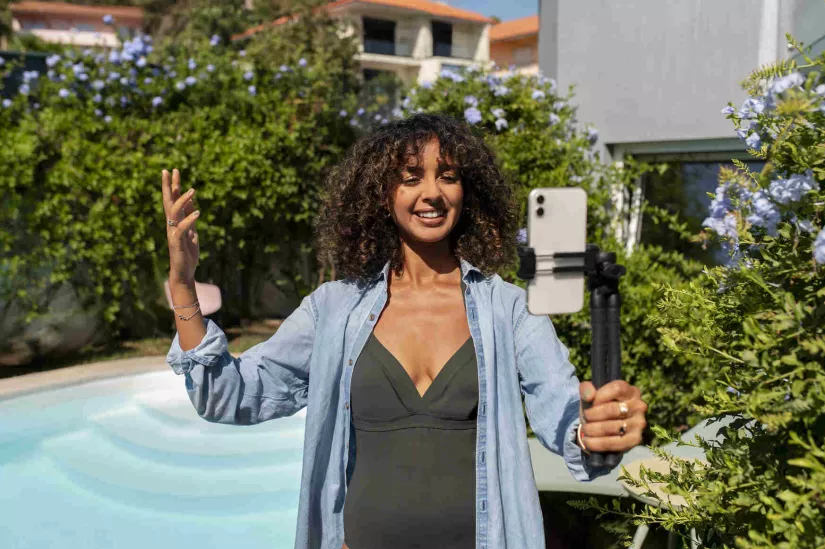
In today’s competitive distribution environment, influencer marketing has become a crucial tool for the hospitality sector. By leveraging social media, influencers are turning travel inspiration into actual booking decisions, particularly among younger demographics. This presents hotels with a valuable opportunity to enhance visibility and broaden their customer acquisition avenues.
Social media influencers are the new trendsetters for the younger generation, with a survey by Opodo showing that 33% of French individuals are influenced by social networks when selecting their next travel destination. This figure jumps to 58% among 25 to 34-year-olds. The impact of influencers is evident, with a study by Phocuswright revealing that 62% of travelers have booked accommodations based on social media content. Influencers have become significant content creators and trusted advisors, especially within the travel industry, as travel-related content thrives on platforms like Instagram and TikTok.
Beyond just inspiring travel choices, content creators can directly influence hotel bookings. According to TravelBoomMarketing, 28% of travelers have booked a specific hotel following an influencer’s recommendation, and 37% regularly follow influencer suggestions. The potential for growth is substantial, with 42% indicating they would consider booking a hotel endorsed by an influencer if it aligns with their preferences. Instagram and YouTube are the most impactful platforms, but Pinterest is also emerging as a key channel for travel influence, with users planning and finalizing trips on the platform. Hoteliers are leveraging this trend by promoting their properties on Pinterest, with brands like MGallery, Mercure, and Club Med already adopting this strategy.
Influencer marketing presents hoteliers with an opportunity to take charge of their distribution and online reputation, particularly in a landscape where reliance on online travel agencies is a significant concern.


